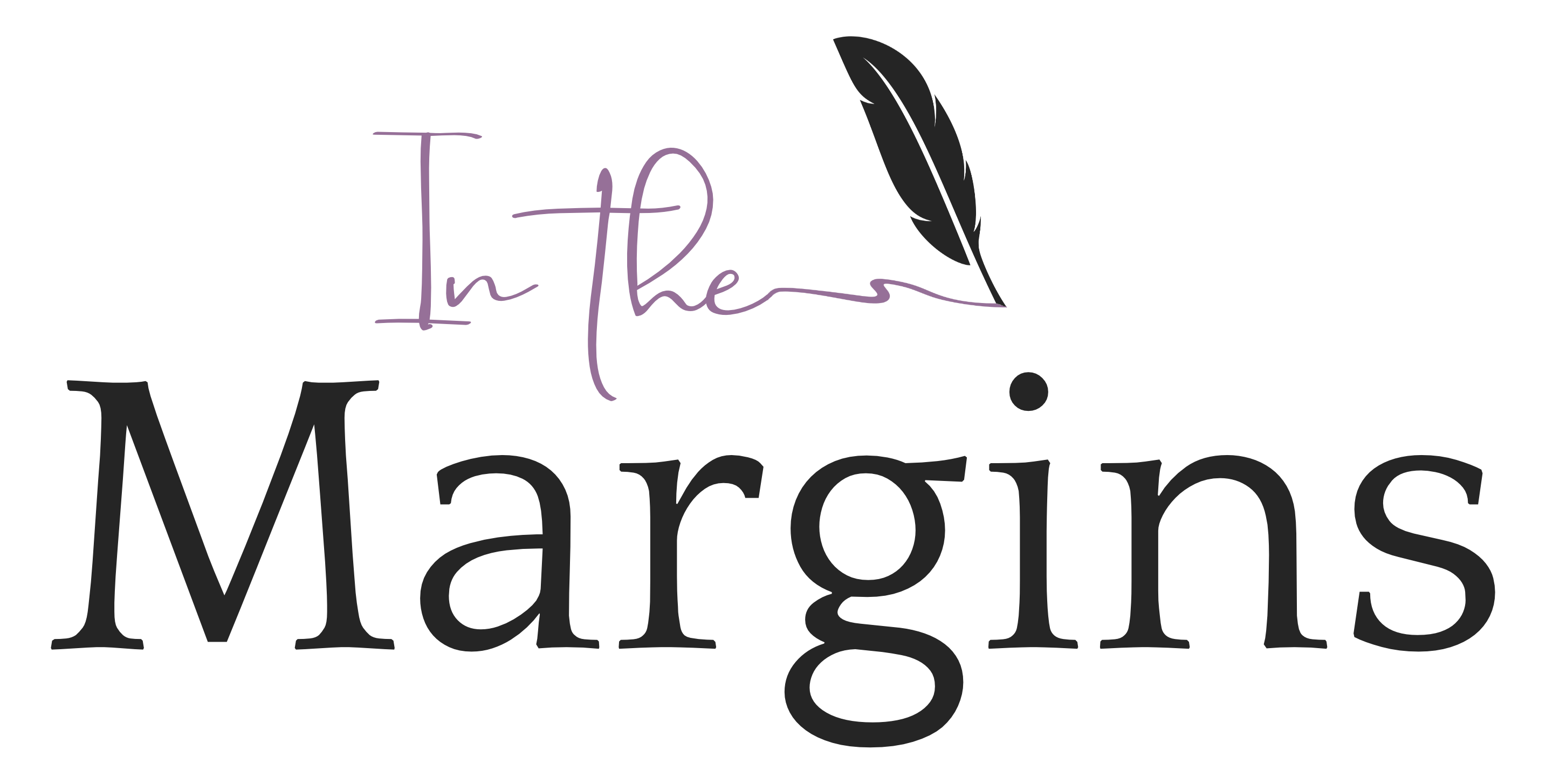Editors should be hired once your manuscript is complete and you believe you’ve revised it to the best of your abilities.
But . . . when is that? After your second draft? Third? Fourth?
The difficult truth is that knowing when to hire an editor depends on your own writing process, knowledge, and revision abilities.
Know your drafting process
Think of planners vs. pantsers, or freewriters vs. those who revise as they go. How we each write is deeply personal—no one process is right or wrong, but each will produce first (and second and third) drafts that look very different.
What do I mean?
The first draft of a writer who is revising as they go may look more like the second draft of a pantser who writes without stopping, simply because each is doing that revision work at different times.
(Think of cooking: there are those of us who clean up as we go, so there’s less to do when the meal is finished, while there are those who focus on the cooking, leaving a mess that can be cleaned up later. The same amount of work is completed, the stages just look different.)
Understand your limits
You also have to be honest with yourself about your revision skills. Do you feel you have an in-depth understanding of plot structures? Of what it takes to develop strong characters? Of how to pace an action sequence?
If you feel that you have gaps in your revision abilities and knowledge, then you may want help earlier than a writer who feels more confident in their ability to identify and resolve issues themselves. If you’re not sure, you may find it helpful to pull in critique partners and beta readers first and do another draft before you invest in an editor.
When NOT to hire an editor
If you know there are glaring problems in your draft and you have a sense of how to fix them, do it. Otherwise you’re spending a lot of money for someone to do what you could have done yourself. You want your editor to instead be focusing on the deeper issues and helping to elevate your manuscript beyond your own abilities.
For example:
- If you KNOW that Susie is a boring or useless character who isn’t contributing to your plot, round her out (or even harder: cut her).
- If you KNOW that you have a plot hole that hits hard in chapter 15, fill it.
- If you KNOW that you’re over-explaining (or under-explaining), clean up.
- If you KNOW that your world is falling flat with your beta readers, flesh it out.
But if you feel you’ve revised and polished your drafts, and now you’re just moving sentences around to move them back or otherwise making changes that don’t really impact the manuscript, then you’re probably ready to get some professional insight.
Deciding you’re ready
How do you know when you’ve taken a manuscript as far as you can?
- You feel you have strong characters and an enjoyable plot.
- You believe your world is well-crafted and shining through.
- Your beta readers have enjoyed it and you’ve applied their suggestions.
- There are no glaring issues that you feel need to be addressed.
- Overall, you’re feeling good about what you’ve created.
- When you “revise,” you find yourself making small, insignificant changes (moving a line here, moving it back, changing a word or two, etc.)
- You’re not sure how to approach the next draft.
Are you ready? Do you still have questions?
Reach out and I’ll do my best to answer them!
———————
Note: There are four levels of freelance editing, from big picture issues to the tiny typos. In order, these are: developmental editing, line editing, copy editing, and then (after formatting) proofreading. Some of these stages may be combined (developmental/line or line/copy are common), but all four should never be undertaken at once, and it’s best if you get a couple of different editors’ eyes on your manuscript. Read my tips for choosing your editor(s).




